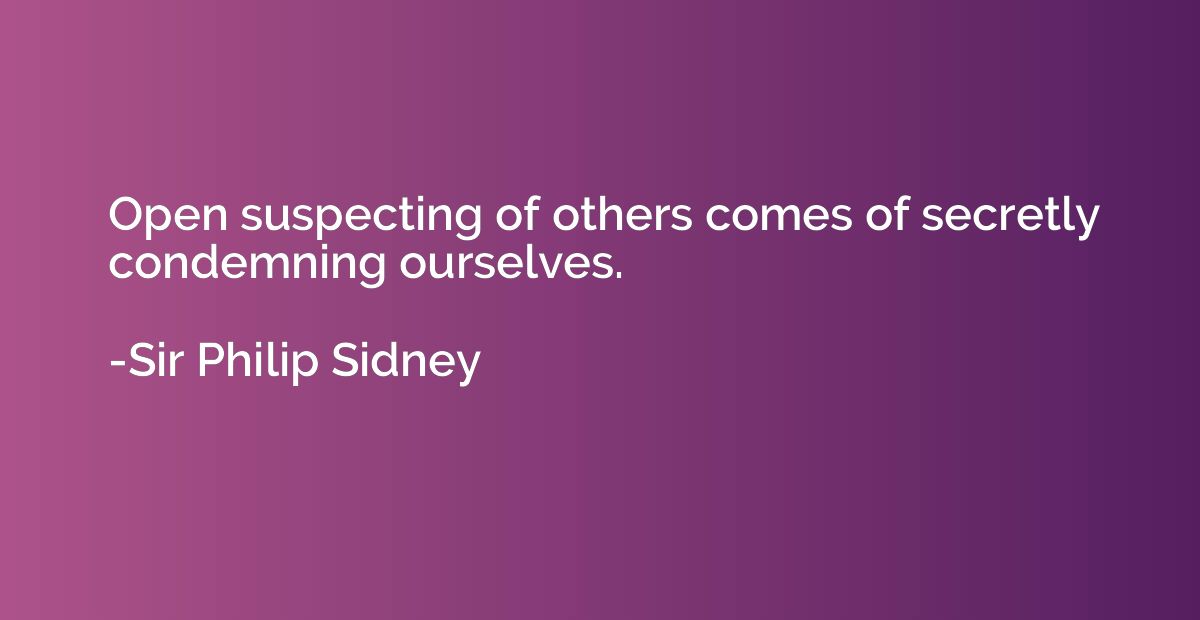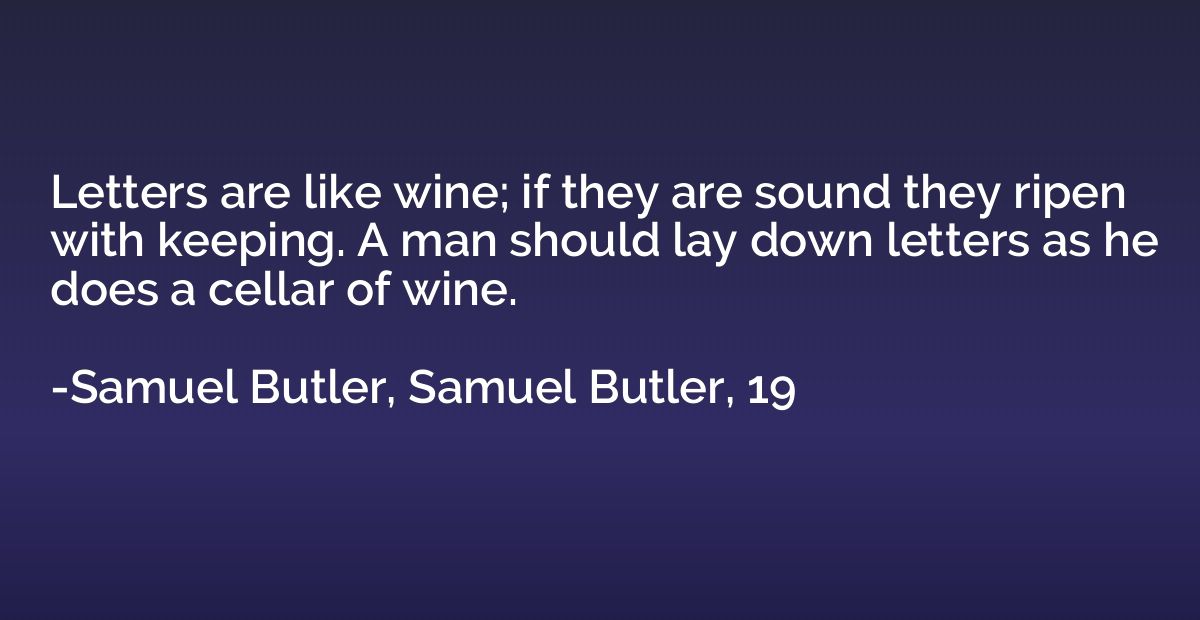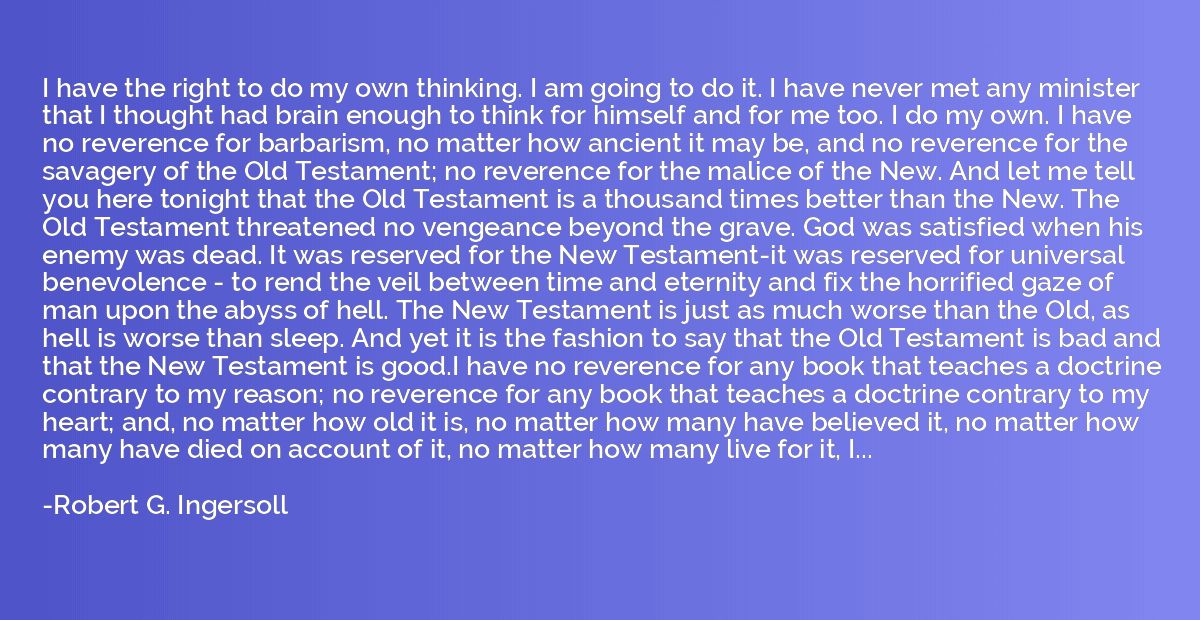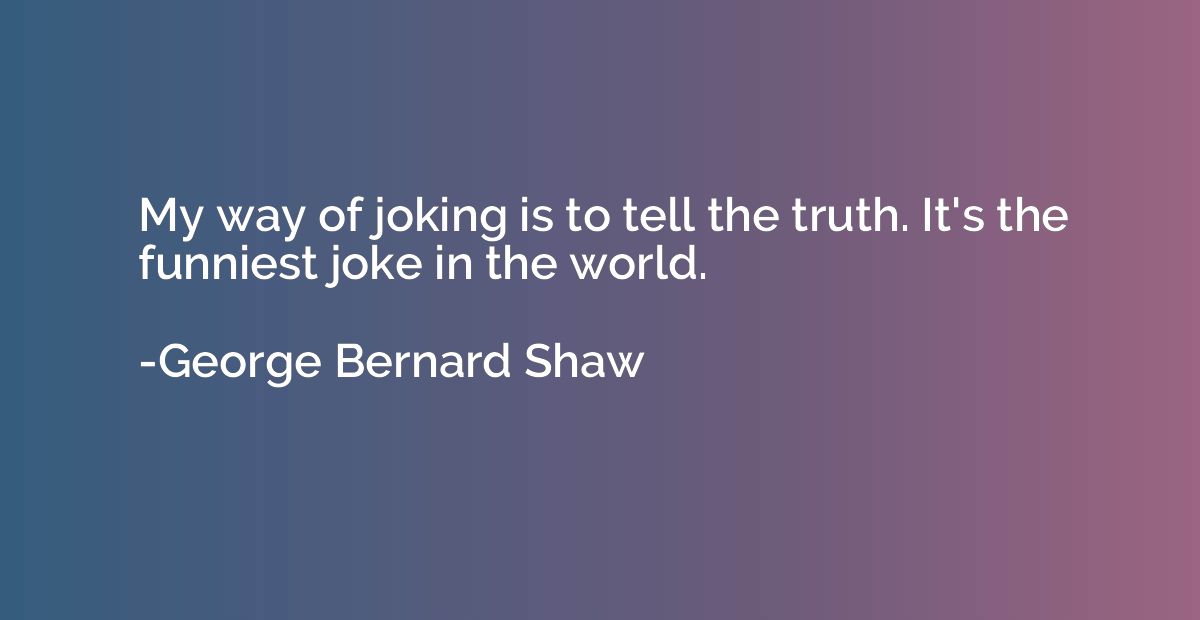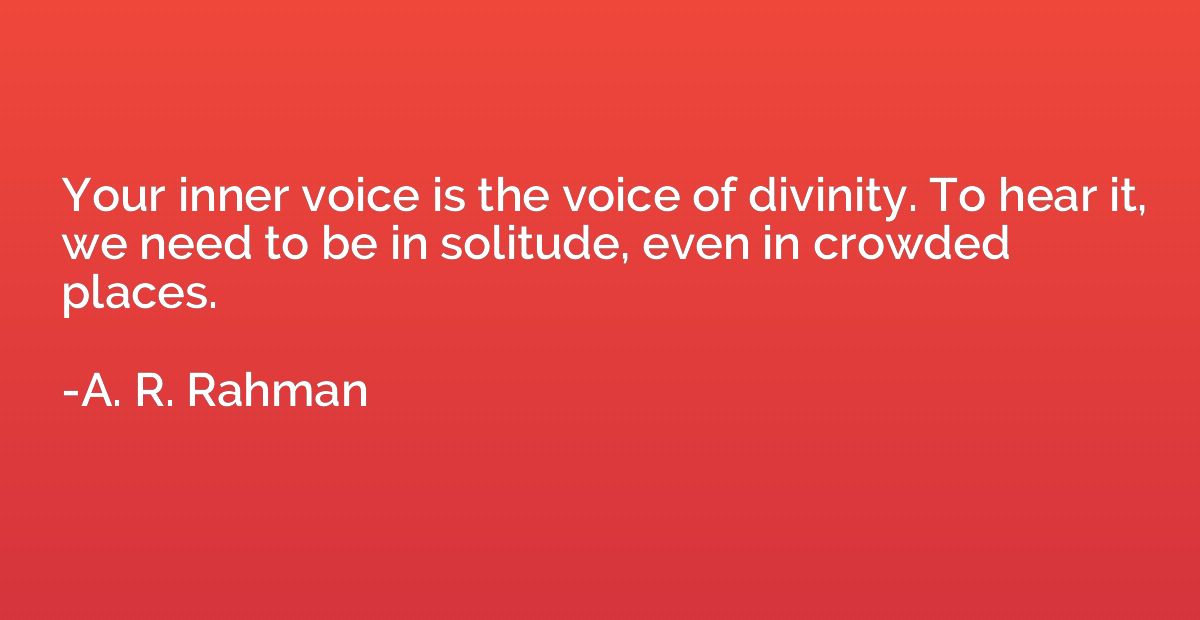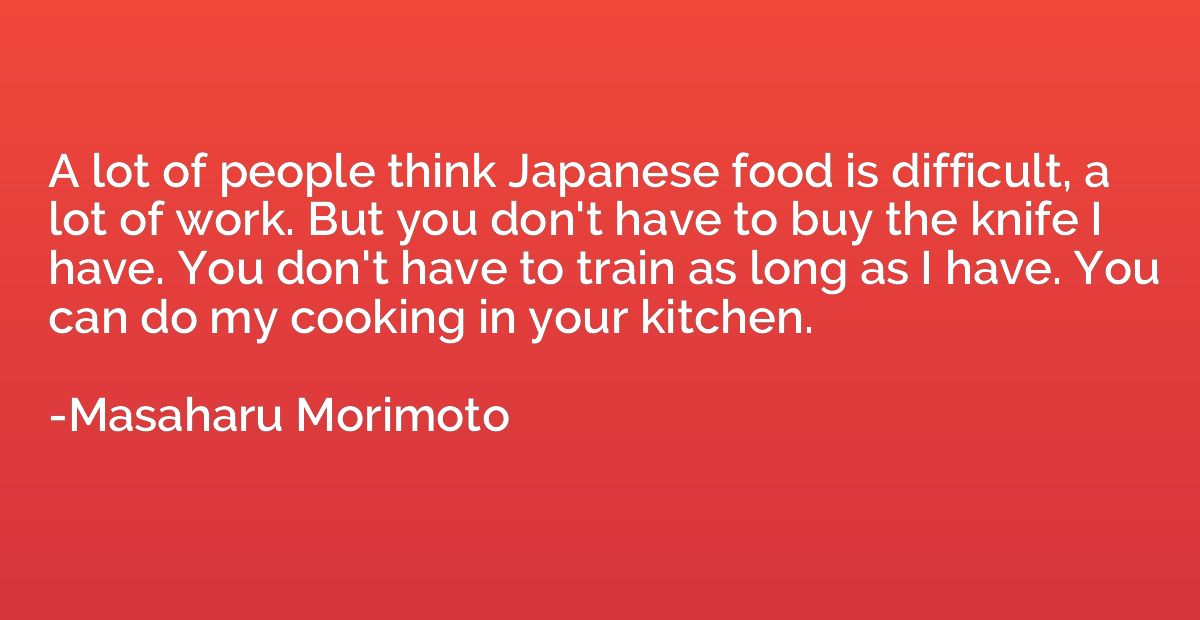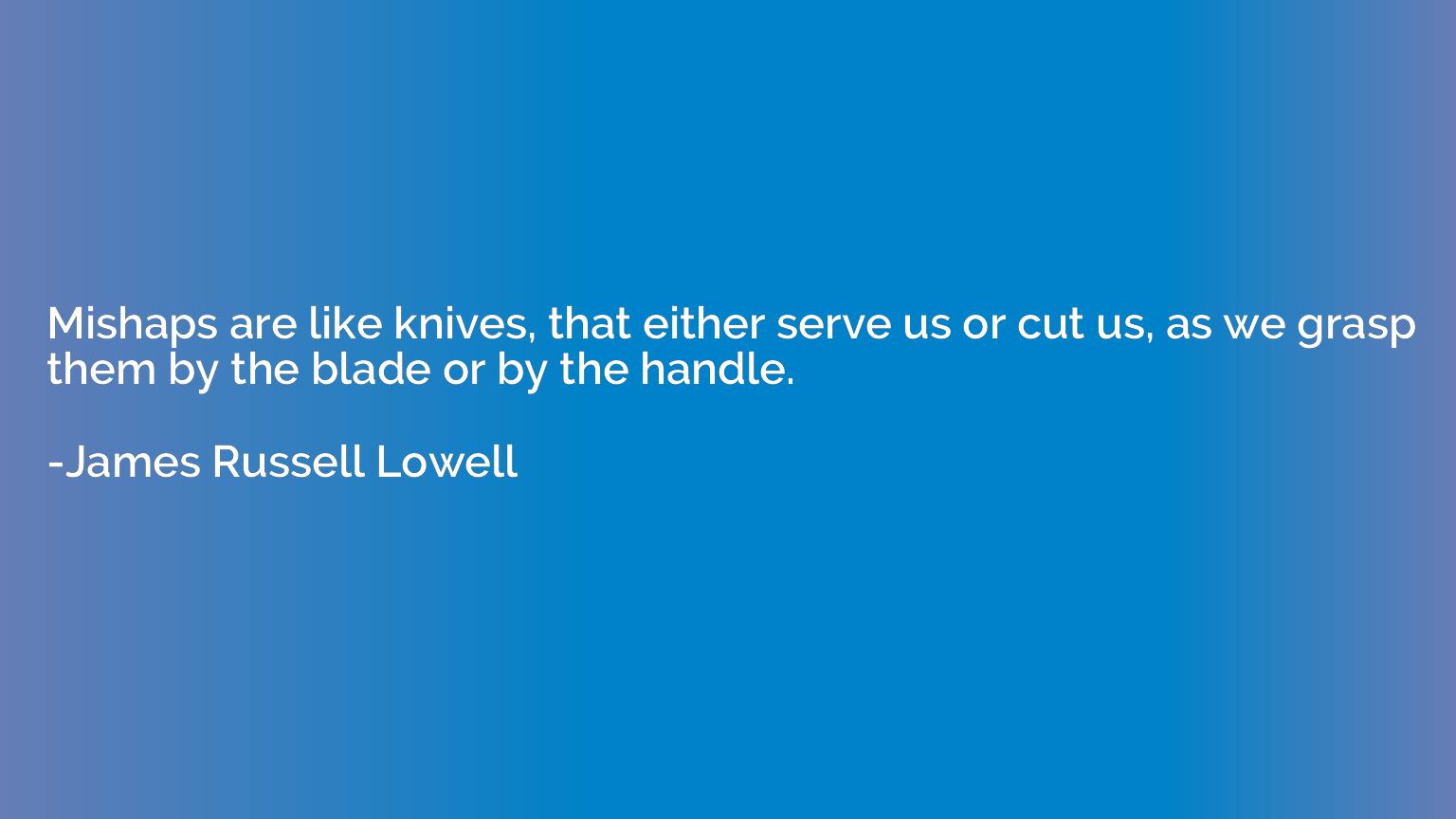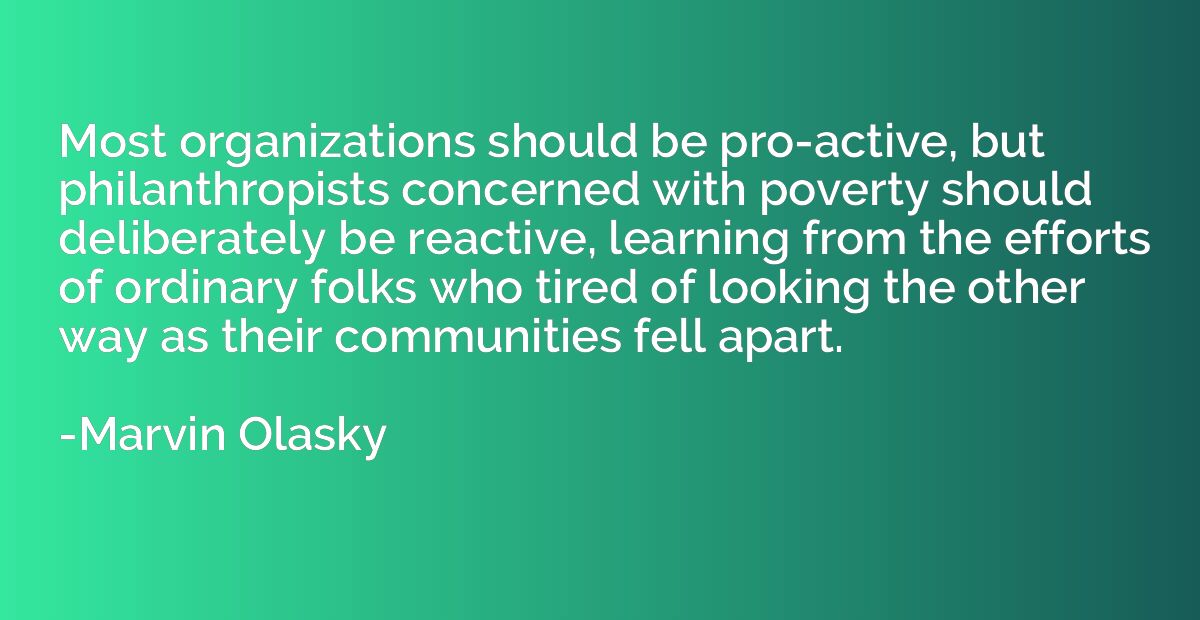Summary
This quote suggests that when we are suspicious of others' intentions, it often stems from our own insecurities and self-doubt. By secretly condemning ourselves, we project our negative feelings onto others and view them skeptically. In other words, our own feelings of guilt or lack of trust in ourselves can influence how we perceive and suspect the actions or motivations of those around us. This quote emphasizes the importance of self-reflection and recognizing how our own internal struggles can shape our perceptions of others.
